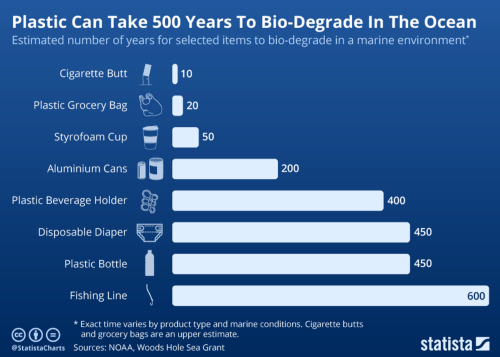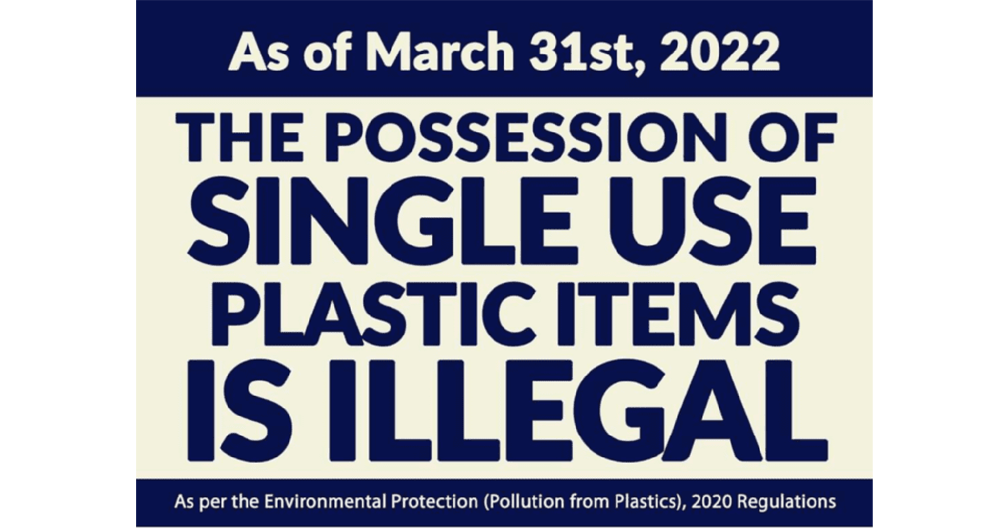by Marco Lopez
BELIZE CITY, Mon. June 5, 2023
According to the United Nations Environmental Programme (UNEP), by 2050 there could be more plastic than fish in the ocean. “Solution to Plastic Pollution” is the theme for this year’s World Environment Day. Plastic is one of the fast-growing sources of greenhouse gas (GHG) emissions, an article from the World Wildlife Fund explains.
“Almost all plastic is derived from materials (like ethylene and propylene) made from fossil fuels (mostly oil and gas). The process of extracting and transporting those fuels, then manufacturing plastic creates billions of tonnes of greenhouse gases. For example, 4% of the world’s annual petroleum production is diverted to making plastic, and another 4% gets burned in the refining process,” the piece entitled, “Plastic Waste and Climate Change — What’s the Connection” points out.
Our “addiction to plastic,” as UN Secretary-General Antonio Guterres rightly describes it, is impacting health, ecosystems, and even climate change. Plastic pollution is a global threat that can be felt in all corners of our world today.
“Every day, the equivalent of over 2,000 garbage trucks full of plastic is dumped into our oceans, rivers & lakes,” UN Sec. Gen Guterres posted on his Twitter feed.

How did we get here?
Data from the UNEP states that between the 1950s and 1970s, only a small, “relatively” manageable amount of plastic was produced. Between 1970 and 1990, however, waste generated from plastics more than tripled, signaling growing production. By the 2000s, the production of plastics skyrocketed, rising more in that single decade than it had over the past 40 years. Four million tonnes of plastic waste is produced each year today.
The widespread application of single-use plastics across the industry can be considered a primary driver of this unmanageable increase. About 36% of all plastic production is used for packaging. This includes the single-use plastics we come across every day. Around 85% of single-use plastics end up in landfills or as unregulated waste.
Solutions, Solutions, Solutions!
So, the problem is in front of our eyes. In the ocean, the plastics have broken down into tiny particles, some untraceable, and have formed into “plastic soup” that is eaten by fish and cannot be digested.
In Belize, single-use plastic was banned on March 31, 2022, with the finalization of the phasing-out period. In practice, however, the challenge continues to prove to be daunting and insurmountable. Many in the business community are yet to adapt to the laws due to a lack of enforcement by the authorities.
According to the Department of the Environment, in Belize, each citizen roughly uses an average of 11 plastic bags and three pieces of Styrofoam each week.
“A 2017 assessment commissioned by the Department of the Environment found, that over a three-year period, Belize annually imported over 200 million pieces of single-use plastic bags and 52 million pieces of Styrofoam & plastic food containers, and locally produced and manufactured an estimated 35 million single-use plastic bags and 5 million pieces of Styrofoam,” the DOE states.
Governments are key actors, and a ban like the one implemented in Belize is a positive start, but industries and stakeholders in Belize need to also act to curb plastic use. The UNEP suggests, “They can eliminate problematic or unnecessary plastic packaging or products by redesigning production for enhanced sustainability and innovating business models to move from single-use to reusable plastic products. They should provide reliable and transparent sustainability information so consumers can make informed purchases. They can also increase the use of recycled content in new products in order to circulate plastic in the economy.”
Individual action will also play a vital role in the culture shift that the world needs to curb environmental damage caused by plastic pollution. Cleaning beaches and rivers are some active steps communities can take to reduce plastic pollution. Shopping sustainably by choosing products with no plastic packages and carrying reusables is also a great way to help the environment. Most of all, becoming an advocate for environmental protection and against plastic pollution by leading by example and calling on elected officials and community leaders to act is the greatest step any individual can take to solve the issue.
Amina Mohammed, the UN Deputy Secretary-General in her remarks today stated, “Producers and consumers must shift away from plastic before it consumes our planet’s health and affects our own health. We need solutions that lead to sustainable behavior change, with strong policies and leadership at all levels.”

